Data, machine learning, and artificial intelligence are disrupting everything we know, in ways that most of us don’t understand — yet. To help you keep up, we’re launching a new series, Degreed Does Data. We’ll dive deep into these topics, simplifying their complexities, explaining their potential impact, and breaking down the dramatic ways they’ll be changing the industry.
You can always find the details in the data. It’s a big reason why data science is such a necessity these days. So what is it? And why is it so important nowadays?
What is Data Science?
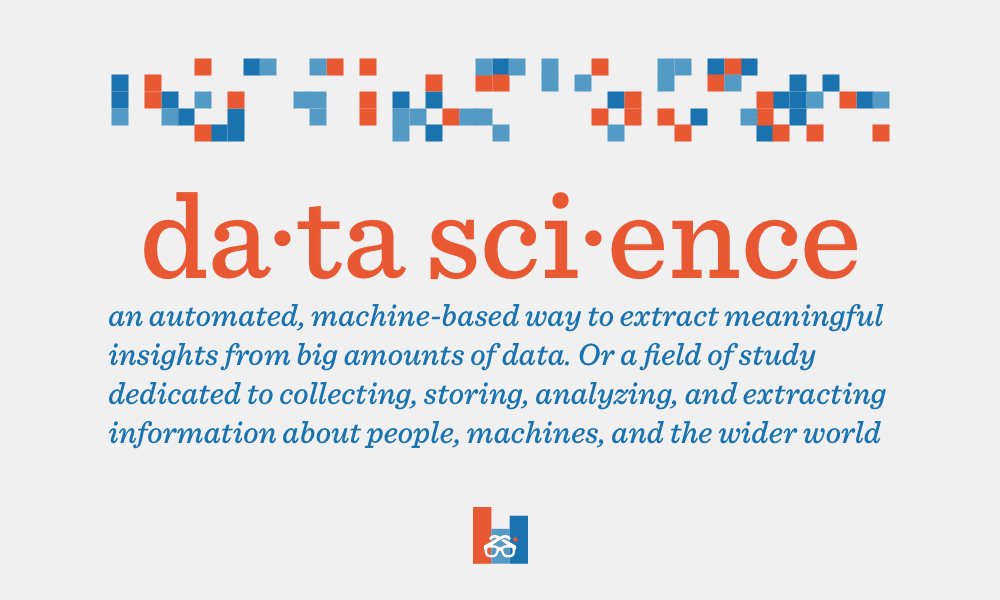
Today we can access infinitely more information than ever before. People are constantly interacting through the internet and smart devices are tracking every bit of our world. We call these movements and activities “data.”
To give you an idea of just how much data is out there, 2.5 quintillion bytes of data are created every single day. The most interesting (or scary) part? Over 90 percent of the data in the world was generated in just the last 2 years.
But more data does not necessarily mean more knowledge. Enter data science, the key to understanding all this new information in meaningful ways.
Data Science Applied
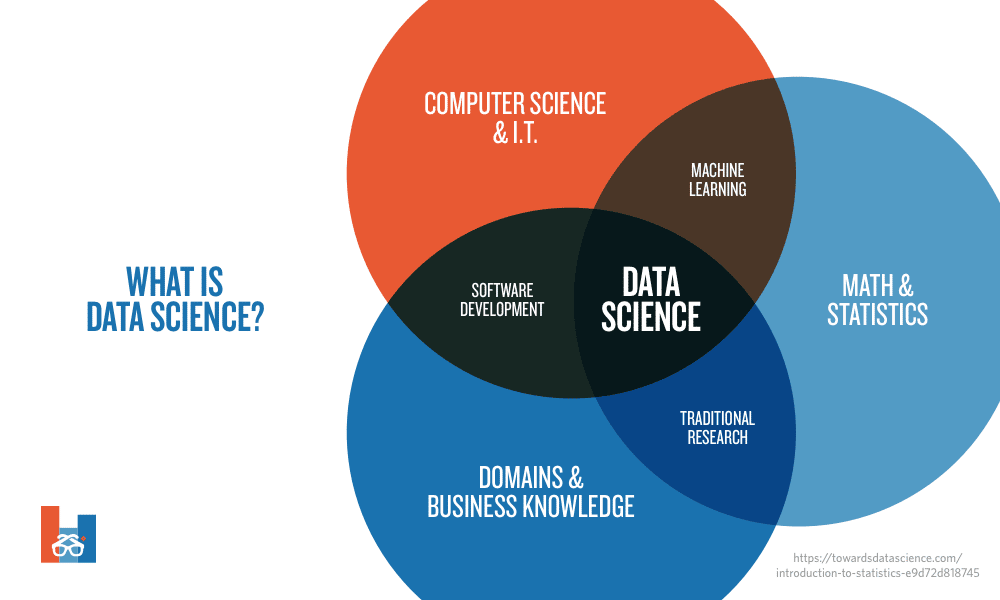
Data science combines three areas of expertise: business knowledge, statistical analysis, and computer science. A skillful data scientist uses their business knowledge to understand a problem, applies statistical techniques to collect data and model solutions, and writes programs to run their analysis and generate results.
It’s also how Google, Facebook, and Amazon became successful. They studied searches, similarities, friendships, and purchases to find patterns that led to profits.
Sports teams have used data science to devise Moneyball tactics to hit more home runs and three-pointers. It has even made us safer and healthier because data scientists have crunched numbers that detect fraud and disease.
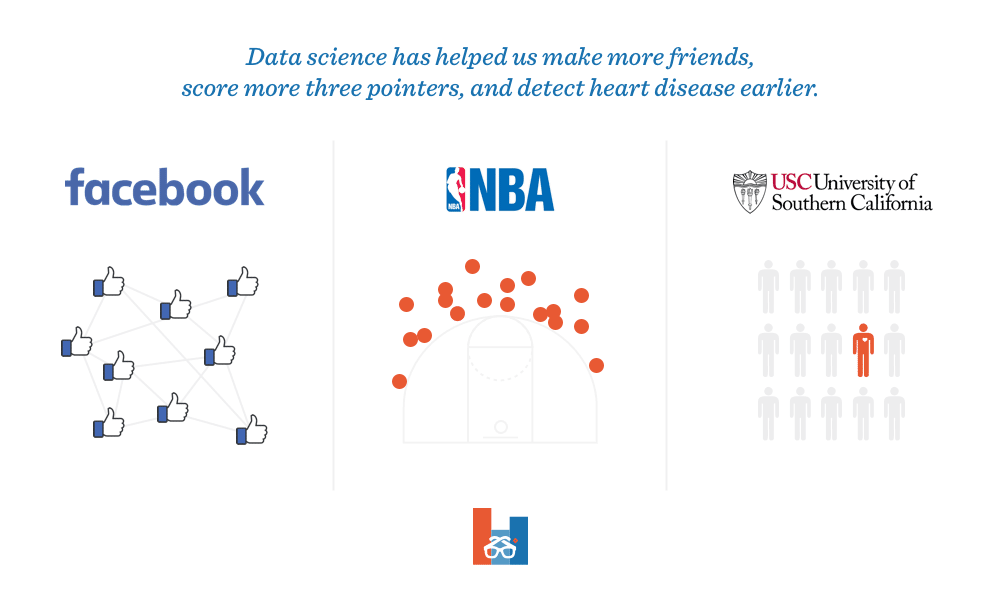
Data science is a hot topic in learning, too, and for good reason. Employees use the web and mobile devices along with HR and business applications to get smarter, and in the process, they are generating valuable data on things like their preferences, their habits, and new or improving skills. Do not waste this data! Using a learning platform that makes intelligent use of data science, your organization can understand who is learning what, which resources are most helpful, and how employees are progressing.
Asking your Saas Vendors about Data Science
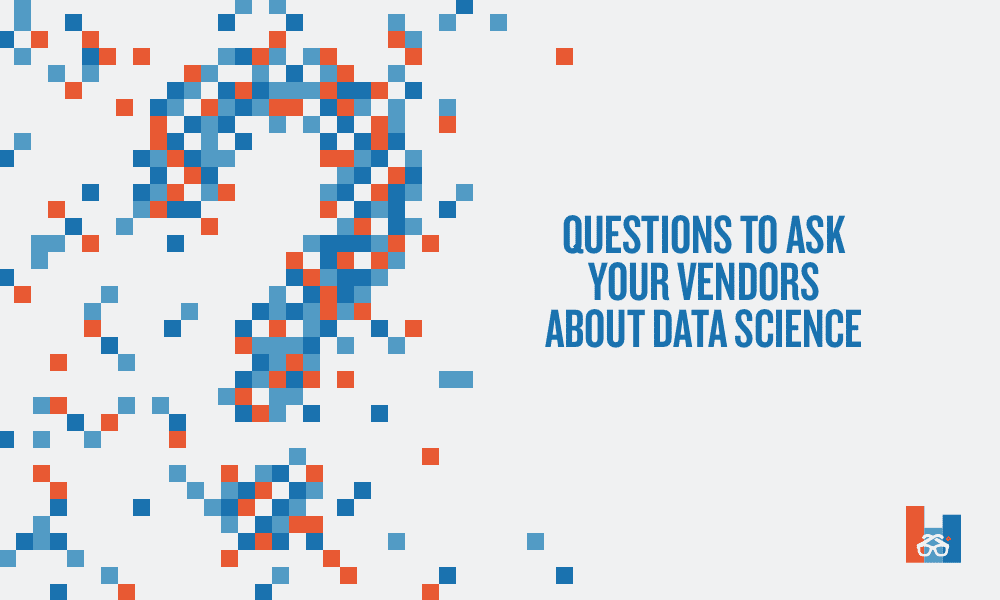
So what should you do about all this? Well, for starters, start asking more questions. Here are a few to get you started:
How is data collected, stored, and secured with this solution?
Data science is useless without databases, but those databases must have integrity. Ask how the information is gathered; make sure users have given consent if required. Once the data is collected, it must be maintained and kept fresh. Find out how databases are kept reliable and up-to-date. Of course, don’t forget to keep the data safe by talking through specific security threats and privacy protections.
What predictive models have data scientists built using this tool?
One core function of data science is prediction. With enough relevant information about the past and present, data scientists can forecast the future. Methods like regression analysis and neural nets use statistics to study the relationships between variables. For example, data science can predict how costs will change, when products will wear out, or what trends will become popular. When considering data science tools, make sure to find out what predictions it can make reliably.
How does data visualization help users and admins analyze their learning?
Data can be hard to digest. Tables filled with numbers? Equations stuffed with variables? Most of us don’t understand these things. But many data scientists are using data visualization to get ideas across. Creativity and beauty can completely change our understanding, helping us take in more information and clearly see how it all relates. When shopping for or evaluating a learning solution, make sure it offers elegant, intuitive displays of the data, so you can spot the trends instantly.
Now that you’re getting warmed up, check out the next installment in our data series: machine learning.
Learn More about Data Science
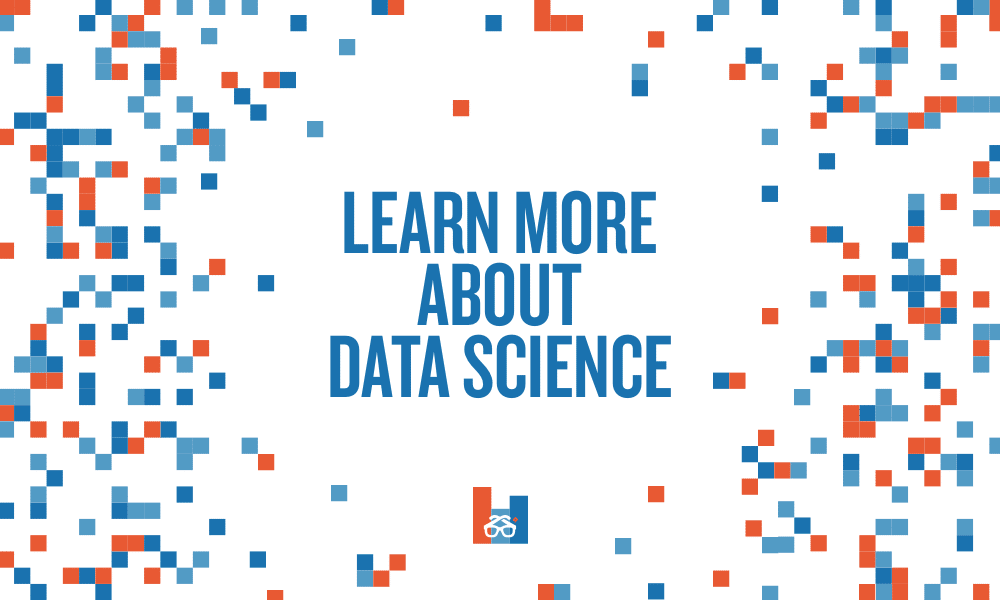
Ready to dig deeper into data science? Check out the resources below. Before you know it, you’ll be speaking data fluently.
Data Science, Explained for Beginners (five videos, 3-7 min each)
A senior data scientist at Microsoft gives an easy introduction, addressing what questions are answerable and how to make sure your data is ready.
Understanding the Data Science Lifecycle (infographic and 10 min article)
Here is a fresh, simple overview of the data science lifecycle, with an explanation of how to collect, maintain, and analyze data.
What Really is Data Science? Told by a Data Scientist (11 min video)
This YouTuber uses personal experience, solid research, and a sense of humor to break down the rise of data science and how it is used today.
A Very Short History of Data Science (15 min article)
This article from Forbes starts with the origins, way back in the 1960s, but the best bits come from the 2010s, tracking how interest in data science exploded recently.
Want to learn more about how Degreed does data? Read more about artificial intelligence, algorithms, and APIs.
Note: This article was originally published on 2/14/19 and has since been updated.
